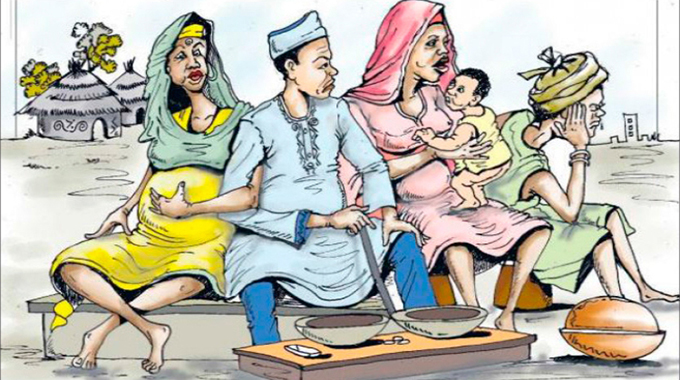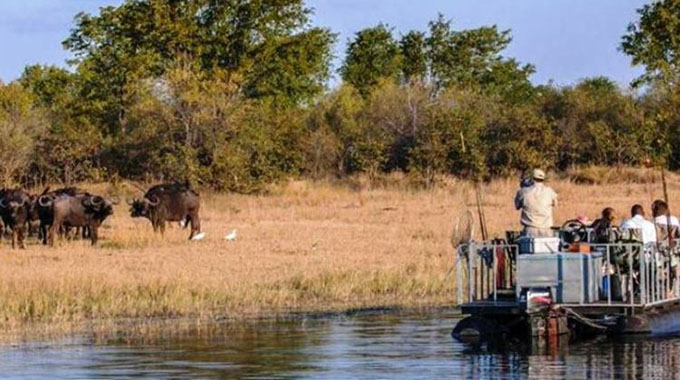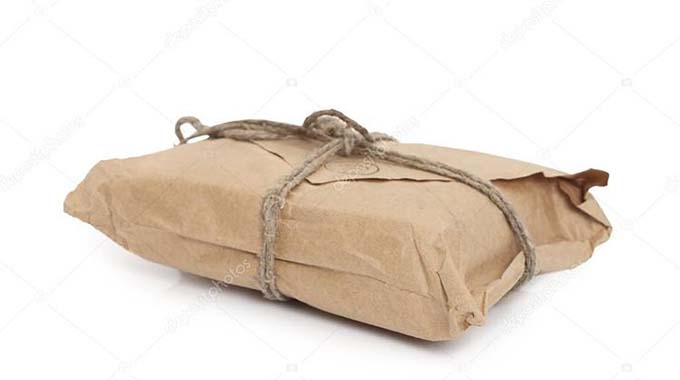From Hwange to Guangzhou with love
BACK in the village in the land of milk, honey and dust or Guruve— if you like— elders with cotton tuft hair say, when you visit you learn, willingly or unwillingly.
This festive season, this villager, the self-taught wordsmith, flew past boggy marshes, past picturesque mountains, past sliver-lined skies and indeed past the Indian Ocean, each time the horizon back-paddling, again and again and, again and again, until he landed in Guangzhou, China. Surely that land is yonder and beyond comprehension of many villagers.
In China this villager visited Chimelong Park, the biggest wildlife sanctuary in Asia and tracked down the 24 elephants that Zimbabwe exported half a dozen moons ago, in July 2014.
Suffice to say, the export of elephants from Hwange National Park to China was made amid an unprecedented slur of criticism from the United States of America, Western Europe and a coterie of self-appointed wildlife activists.
The facts, according to this villager’s personal experience in China, the elephants are not only healthy and growing extremely well, but are sitting luxuriously on a diet of water melons, carrots, apples, bread and other fruits.
I know the self-appointed animal rights activists are going to say “but they are in captivity, blah, blah, blah.’’ The usual Eurocentric nonsense!
Chimelong has a state-of-the-art veterinary hospital in situ, the most qualified veterinary doctors and a fully equipped pharmacy.
Chimelong imports hay from all over the world and has a fruit processing factory on site, where some fruits are dried or cleaned and where nutritional mixes are done, as recommended by veterinary nutritionists. You certainly do not find this in the bush in Hwange where life is the survival of the fittest for all and sundry.
What is better to monetise our national heritage and raise more money for conservation work, than let the elephants compete for scarce food and water in tinder-dry Hwange then die a natural death?
Not that Hwange is bad, it is one of the best natural habitats for wildlife, but is extremely expensive to run because of the weather patterns and geomorphology.
Zimbabwe National Parks and Wildlife Management Authority is mechanically pumping an average of 500 000 litres of water from a hodgepodge of boreholes every day. Poachers are on the prowl, using unorthodox means. The weather is angry and unforgiving!
As a result, scores of elephants die of drought every year because the elephant population is unsustainable. The elephant population in Hwange has trebled the recommended holding capacity.
This villager draws inspiration from Environment, Climate and Water Minister Muchinguri –Kashiri, not because the veteran politician has mastered the art of politics, but has ideological clarity on Zimbabwe’s natural resources and beneficiation.
She is unapologetic about the selling of wildlife to China, and whoever requires it on fair practice. She has toured the facilities and had declared that she is going to sell more elephants, baboons and other game to China for the benefit of conservation work in Zimbabwe, even if it makes other nations lose sleep.
Minister Muchinguri-Kashiri is clear that the elephants are Zimbabwean and that only Zimbabwe should decide the future of its elephant population and how to monetise it.
China, she says, has the best conditions and that instead of letting the wildlife die of hunger and starvation in the stupid name of natural selection, why not sell them and make money out of them for conservation?
That, instead of letting poachers use cyanide and kill the elephants, why should Zimbabwe not sell them alive and benefit from them? The Government and the elephant population itself does not benefit from cyanide or animal rights activists, but benefits from realist revenue streams from selling elephants and other wildlife.
Karitundundu, the ageless village autochthon, says the United States of America, in particular, should just shut up.
While criticising Zimbabwe for selling live wildlife to China, the US was in November clandestinely buying wildlife from Botswana, Zimbabwe’s western neighbour. What hypocrisy!
Who does not know that the US has been buying live wildlife from Africa? Why criticise exactly what you do, yourself. It is foolhardy for the US and its allies in Western Europe to try and hide behind a smokescreen of animal rights, when they are perpetrators themselves.
As a matter of fact, China donated US$2 million for conservation work in Zimbabwe, a thing which no other government has done in the past several years, and yet we did not give them the elephants for free. They bought the elephants from us. China is working on a comprehensive join anti-poaching crusade with Zimbabwe through the China Zimbabwe Wildlife Foundation, which includes the procurement of helicopters, drones and other sophisticated equipment to match the sophistry of the poachers. Food for thought!









Comments